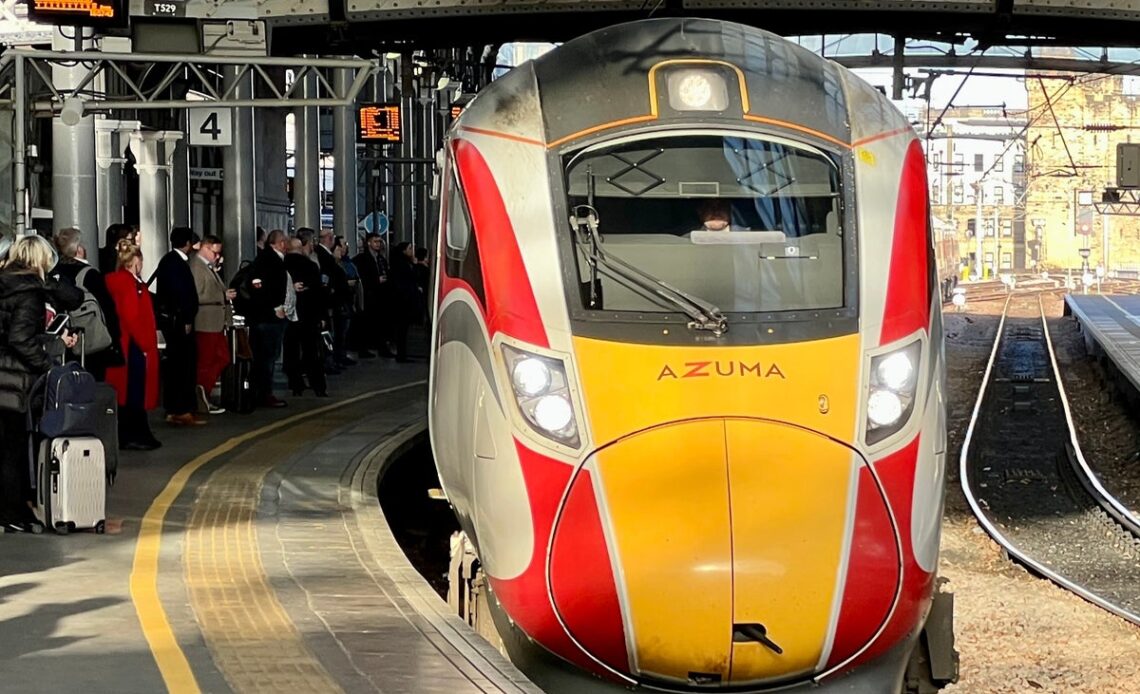Over a year on from the start of the first national rail strikes since the 1980s, the dispute over pay, jobs and working conditions appears as intractable as ever.
The main rail union, the RMT, and the train drivers’ union, Aslef, have both announced industrial action during July that will hit more than a dozen train operators based in England; some of which run services in Wales and Scotland. Transport for Wales and ScotRail are not involved and will run normal services.
The unions say their members have not had a pay rise for four years and are demanding a decent, no-strings award that takes into account the high level of inflation.
Train operators and ministers – who must sign off any deal – say reforms are essential following the collapse of rail revenue, which they say is 30 per cent lower than before the Covid pandemic.
Caught in the middle: the long-suffering passenger. Since June 2022, national rail strikes have caused problems for tens of millions of train passengers. Stoppages have been called frequently, causing massive disruption and making advance travel planning difficult.
These are the key questions and answers.
Who is taking industrial action, and when?
The RMT, which began striking on 21 June 2022, has called three more days of walk-outs in July: Thursday 20, Saturday 22 and Saturday 29.
The strikes, which the union says will see 20,000 workers walking out, are aimed at train firms contracted by the Department for Transport. They include the leading intercity operators:
- Avanti West Coast
- CrossCountry
- East Midlands Railway
- Great Western Railway
- LNER
- TransPennine Express
Most London commuter operators will be hit:
- C2C
- Greater Anglia
- GTR (Gatwick Express, Great Northern, Southern, Thameslink)
- Southeastern
- South Western Railway
Operators focusing on the Midlands and north of England will be affected:
- Chiltern Railways
- Northern Trains
- West Midlands Trains
Aslef has banned overtime at the same train operators (except C2C) from 2 to 6 July inclusive.
Why were those dates chosen?
Like any unions, the RMT and Aslef are seeking the biggest impact – ie to cause as much disruption as they can. Aslef’s overtime ban coincides with the first week of the Wimbledon tennis championships in southwest London.
The RMT union is targeting what are likely to be the busiest days of the month. Many families will be on the move at the start of school…
Click Here to Read the Full Original Article at The Independent Travel…
